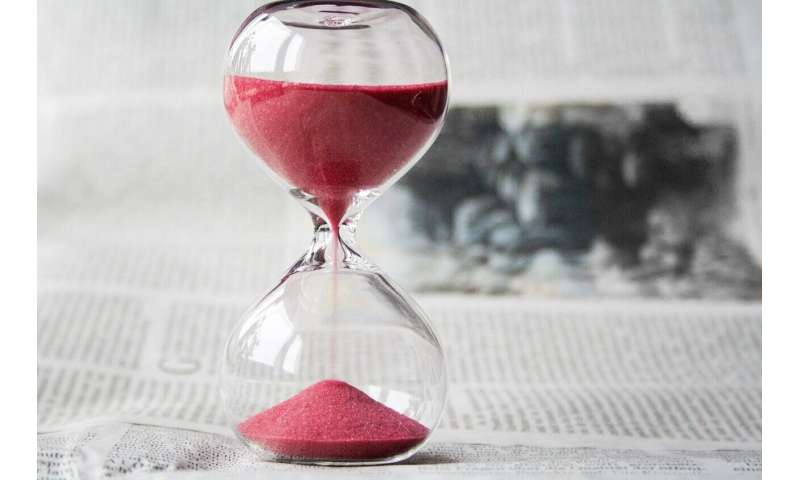Medical errors increase following the spring change to daylight saving time

Seeking medical care after springing forward to daylight saving time could be a risky proposition. Researchers at the Mayo Clinic found a statistically significant increase in adverse medical events that might be related to human error in the week after the annual time change in the spring.
The study is the first to examine patient safety-related adverse events in the week before and after the biannual time change. Preliminary results show that over an eight-year period, adverse events increased in the week following the time change in both the spring and fall; however, the only statistically significant change was an 18% increase in adverse events related to human errors following the change to daylight saving time in the spring. This increase was significantly greater than the 5% increase in human error-related safety incidents after the return to standard time in the fall.
“Medical errors can result in significant morbidity and mortality. We need to do everything to mitigate these risks,” said lead author Dr. Bhanu Kolla, associate professor of psychiatry and psychology and consultant at the Center for Sleep Medicine at the Mayo Clinic’s campus in Rochester, Minnesota. “Our results indicate that the week following the spring time change might be a high-risk period for patient safety-related incidents. Health care organizations should factor this in and develop countermeasures to reduce this risk.”
Source: Read Full Article
